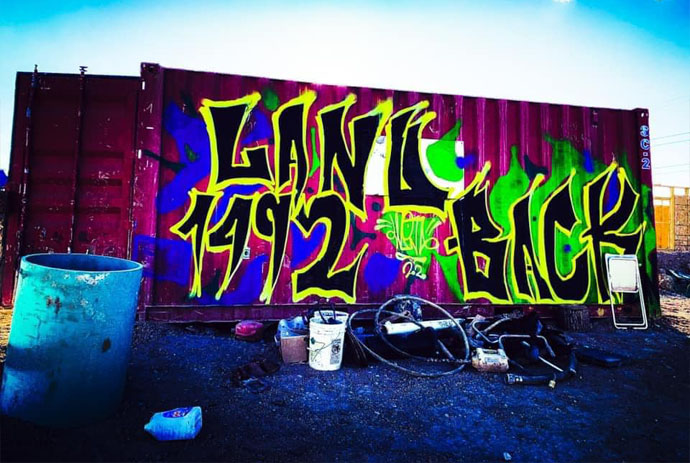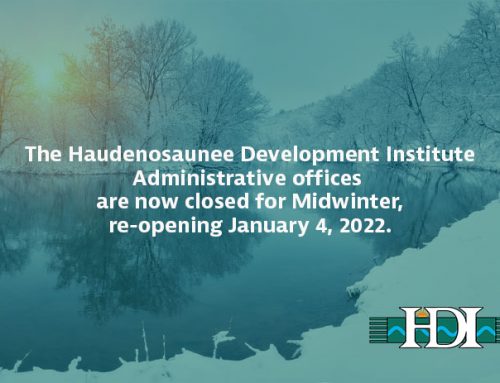SHIRI PASTERNAKCONTRIBUTED TO THE GLOBE AND MAIL
Shiri Pasternak is a professor of criminology at Toronto’s X University. She has changed this affiliation in solidarity with Indigenous faculty because of the legacy of the institution’s namesake in the residential school system.
In early July, Foxgate Developments Inc. announced that it was shutting down construction at the 1492 Land Back Lane camp on reclaimed Six Nations land in Ontario. The site of the proposed housing subdivision called McKenzie Meadows had been permanently occupied by community members since last summer.
But unfinished business remains. Foxgate wants someone to pay for their losses – specifically, $200-million in damages from the Ontario and federal governments, the Ontario Provincial Police, and others for neglecting to remove the occupation. They also want governments to affirm that title to the lands is legally held by Foxgate and not subject to a land claim by the Six Nations.
In other words, Foxgate wants a legal paper trail showing that the company bears no liability for the project’s failure. They argue that the blame falls squarely on others’ shoulders, including the Ontario Federation of Labour for supporting the land defenders, and the land defenders themselves for breaching court orders by refusing to leave the site. Foxgate is seeking another $2-million and $20-million, respectively, from these parties.
But who should be on the line to pay when these projects fail or face disruption because of the assertion of Indigenous rights on the ground?
Foxgate is only one in a long line of corporations seeking to recoup such losses. In 2008, Platinex, a uranium mining company, sued both the Ontario government and the Kitchenuhmaykoosib Inninuwug (KI) First Nation for $10-billion in remedies for damages, claiming these losses because of its inability to access 221 mining claims and 81 mining leases at Big Trout Lake. The company later settled for around $5-million.
In 2013, Northern Superior Resources also filed a lawsuit against Ontario for $110-million for failing to consult with Indigenous peoples, preventing the company from exploring for gold in northern Ontario. That same year, Solid Gold Resources Corp. filed a $100-million lawsuit against Ontario for failing to properly consult with Wahgoshig First Nation. At the time, the CEO said that “certainty of title and access is everything to our industry.” And in 2014, British Columbia was ordered to pay Moulton Contracting Ltd. $1.75-million in damages; the company alleged that the province failed to disclose that a local family intended to blockade its logging efforts. This decision was eventually overturned.
Are these cynical attempts by companies to recoup the costs of bad business decisions? Or a real attempt at accountability for the uncertain resource climate in this country?
From Foxgate’s perspective, the company has simply found itself in the crossfire of the colonial relationship. As a release states: “The McKenzie development and its waiting home buyers will not agree to be the sacrificial lambs in a dispute between the various levels of government and any protesters.”
To a certain extent, this rings true. The Constitution designates the provinces to authorize most development and resource extraction. If this authority and these land claims are disputed by Indigenous nations, the burden must fall on governments to exercise their power to resolve these issues or bear the consequences. This goes beyond legal duties to “consult and accommodate,” and must address the foundations of conflict around land in this country.
But that does not mean that corporations bear no responsibility. If Indigenous peoples are disrupting the circuits of capital, this must be disclosed and factored into the company’s valuation and the viability of its projects. Insurance companies must also take note.
In 2006, for example, the Sierra Legal Defence Fund wrote to the Ontario Securities Commission, drawing attention to the Ontario Superior Court decision that highlighted Platinex’s lack of reporting to investors on KI’s resistance to mining on their homelands. The commission was clear: “It is our concern that mining exploration companies are not adequately reporting to investors the nature and extent of opposition by communities to their activities.”
Certainly, Indigenous peoples should not be paying the price for these conflicts. In dismissing Platinex’s claims, Justice G.P. Smith stated: “Large wealthy corporations issuing lawsuits for many millions of dollars could disentitle First Nations from qualifying from the right to claim injunctive relief. This result cannot be deemed to be in accordance with the principles of equity.”
We live in this country on Indigenous lands. It’s time we grew up and created the only kind of stable investment environment possible within this reality. Governments and corporations alike must finally come to the table and be willing to take no for an answer. This is the economic certainty everyone is looking for.






